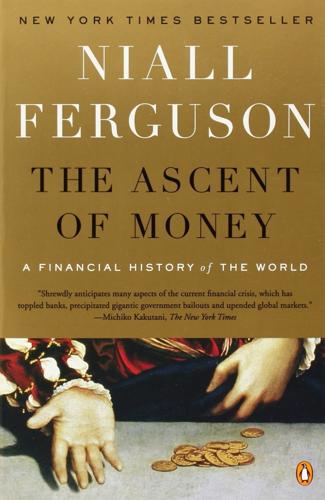
The Ascent of Money: A Financial History of the World
by
Niall Ferguson
Published 13 Nov 2007
The firm’s auditors, Arthur Andersen, were destroyed by the scandal. The principal losers, however, were the ordinary employees and small shareholders whose savings went up in smoke, turned into mere ‘wind’, just like the millions of livres lost in the Mississippi crash. Invented almost exactly four hundred years ago, the joint-stock, limited-liability company is indeed a miraculous institution, as is the stock market where its ownership can be bought and sold. And yet throughout financial history there have been crooked companies, just as there have been irrational markets. Indeed the two go hand in hand - for it is when the bulls are stampeding most enthusiastically that people are most likely to get taken for the proverbial ride.
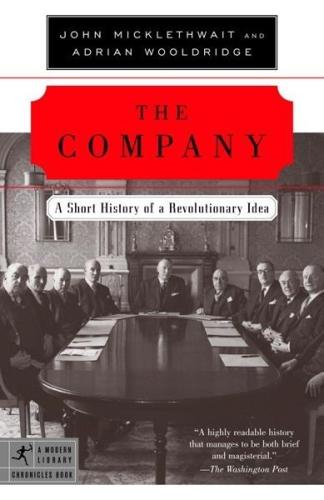
Company: A Short History of a Revolutionary Idea
by
John Micklethwait
and
Adrian Wooldridge
Published 4 Mar 2003

Kicking Awaythe Ladder
by
Ha-Joon Chang
Published 4 Sep 2000
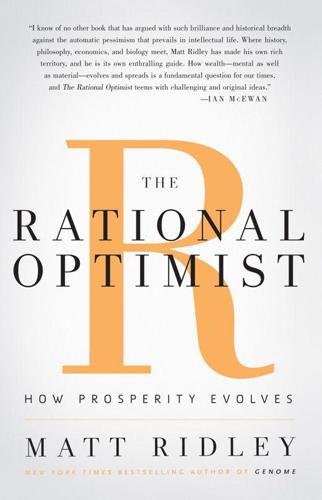
The Rational Optimist: How Prosperity Evolves
by
Matt Ridley
Published 17 May 2010
More specifically, the industrial revolution required long-term investment in capital equipment that could not easily be liquidated – factories and machines, for the most part. More than other countries, Britain’s capital markets were in a position to supply this investment in the eighteenth century. London had managed to borrow from Amsterdam and nurture in the eighteenth century joint-stock, limited liability companies, liquid markets in bonds and shares, and a banking system capable of generating credit. These helped to give inventors the wherewithal to turn their ideas into products. By contrast in France capital markets were haunted by John Law’s failure, banks haunted by Louis XIV’s defaults, and corporate law haunted by the arbitrary extortions of tax farmers.
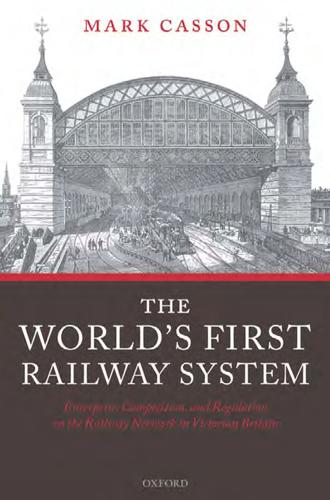
The World's First Railway System: Enterprise, Competition, and Regulation on the Railway Network in Victorian Britain
by
Mark Casson
Published 14 Jul 2009
These values of self-restraint in the exercise of power assisted the growth of empire, allowing it to extend (to some degree) through agreements with native leaders rather than by military conquest. 2 . 7 . T H E L E G A L F R A M EWO R K O F B U S I N E S S The framework of company law within which entrepreneurs operated changed significantly over the Victorian period. In early Victorian Britain firms could obtain joint stock status and limited liability only by Act of Parliament, following the precedents set by the early chartered trading companies. All canal and railway promoters, for example, had to apply to Parliament if they required these privileges. These companies were typically incorporated with a large authorized capital, because additional capital could only be raised by a further Act.
…
Most small firms were started as partnerships or family businesses, and although they could grow by increasing the number of partners, or extending the family through marriage, etc., there were limits to how far and how fast they could grow. By the end of the century, however, companies could incorporate as joint stock limited liability companies through a simple act of Railways in the Victorian Economy 43 registration. This allowed small firms to grow into large industrial enterprises without a major reconstruction of their capital. Nevertheless, many family firms remained suspicious of diluting ownership by flotation on a stock exchange.
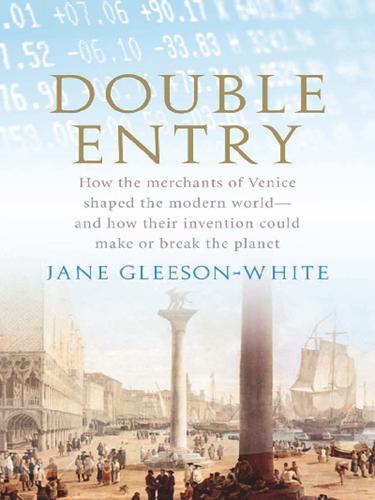
Double Entry: How the Merchants of Venice Shaped the Modern World - and How Their Invention Could Make or Break the Planet
by
Jane Gleeson-White
Published 14 May 2011
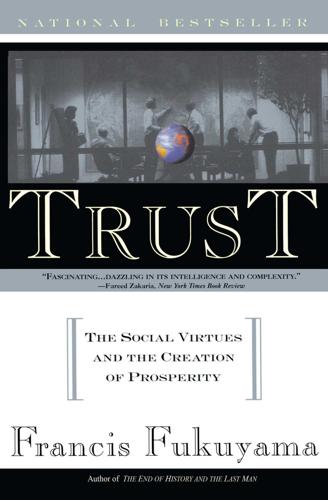
Trust: The Social Virtue and the Creation of Prosperity
by
Francis Fukuyama
Published 1 Jan 1995

Money: Vintage Minis
by
Yuval Noah Harari
Published 5 Apr 2018

CultureShock! Egypt: A Survival Guide to Customs and Etiquette (4th Edition)
by
Susan L. Wilson
Published 20 Dec 2011
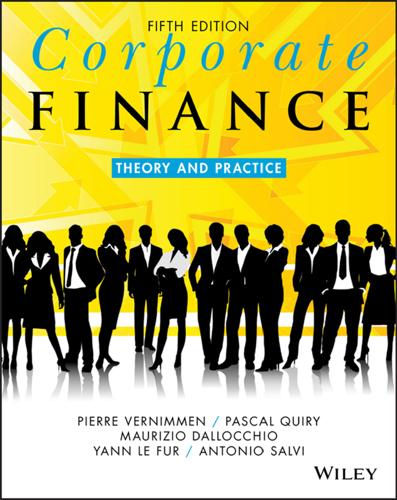
Corporate Finance: Theory and Practice
by
Pierre Vernimmen
,
Pascal Quiry
,
Maurizio Dallocchio
,
Yann le Fur
and
Antonio Salvi
Published 16 Oct 2017
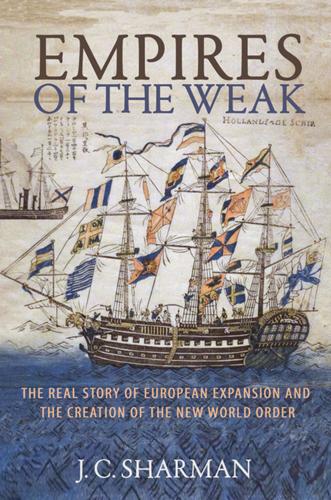
Empires of the Weak: The Real Story of European Expansion and the Creation of the New World Order
by
Jason Sharman
Published 5 Feb 2019
The company sovereigns (of which the English and Dutch enterprises were only two of many others) present a puzzle. They were the forerunners of the modern multinational corporation, pioneering crucial institutions of modern capitalism like the legal personality of companies, joint stock ownership, limited liability, and the separation of management and ownership. They were enterprises single-mindedly run for profit. Yet these chartered companies were also endowed with quintessentially sovereign prerogatives and enthusiastically employed them, most notably the right to wage war and engage in diplomacy, but also to found settlements and build fortifications, to administer criminal and civil justice, and to mint coins and exercise religious functions.

The Second Curve: Thoughts on Reinventing Society
by
Charles Handy
Published 12 Mar 2015
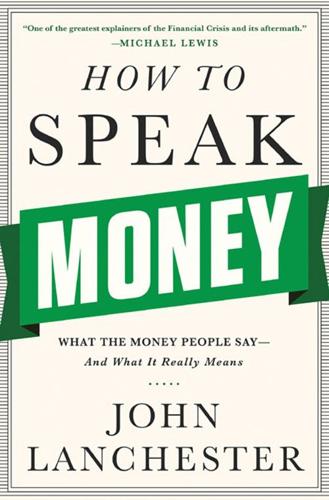
How to Speak Money: What the Money People Say--And What It Really Means
by
John Lanchester
Published 5 Oct 2014

Antifragile: Things That Gain From Disorder
by
Nassim Nicholas Taleb
Published 27 Nov 2012
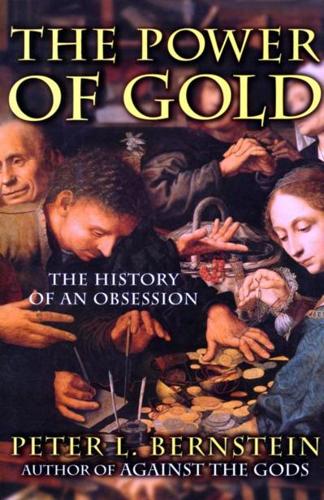
The Power of Gold: The History of an Obsession
by
Peter L. Bernstein
Published 1 Jan 2000

Let them eat junk: how capitalism creates hunger and obesity
by
Robert Albritton
Published 31 Mar 2009
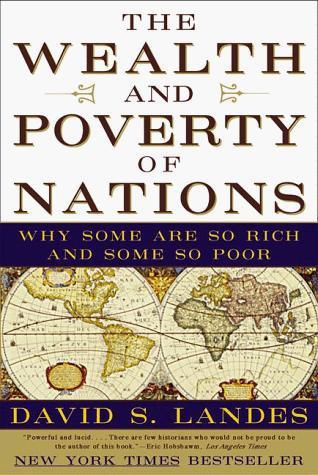
The Wealth and Poverty of Nations: Why Some Are So Rich and Some So Poor
by
David S. Landes
Published 14 Sep 1999
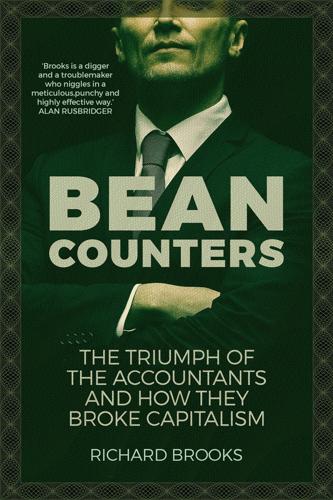
Bean Counters: The Triumph of the Accountants and How They Broke Capitalism
by
Richard Brooks
Published 23 Apr 2018

Seasteading: How Floating Nations Will Restore the Environment, Enrich the Poor, Cure the Sick, and Liberate Humanity From Politicians
by
Joe Quirk
and
Patri Friedman
Published 21 Mar 2017

Commuter City: How the Railways Shaped London
by
David Wragg
Published 14 Apr 2010
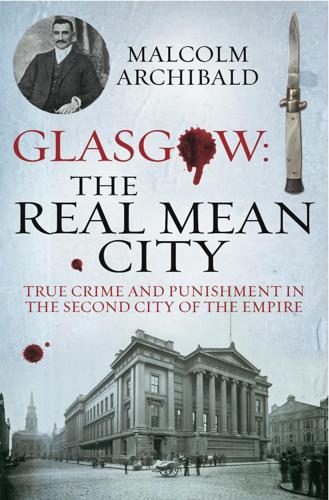
Glasgow: The Real Mean City
by
Malcolm Archibald
Published 31 Mar 2013
The Scottish public demanded heavier sentences, but the court seemed to consider white-collar crime less worrying than casual assaults or petty theft that could end with the perpetrator given a ten-year sentence. There was an upside, although it came too late to help those involved in the crash. The 1879 Companies Act allowed Joint Stock Banks to become limited liability, so shareholders would not be responsible for the entire debts of the company. Companies also began to publish detailed and hopefully accurate balance sheets, with regular audits. Nevertheless, even in the second decade of the twenty-first century, banks still collapse and distrust remains. 14 Offences of a Sexual Nature In common with every other city in the world, Glasgow was afflicted with sexual crimes.

23 Things They Don't Tell You About Capitalism
by
Ha-Joon Chang
Published 1 Jan 2010

Sapiens: A Brief History of Humankind
by
Yuval Noah Harari
Published 1 Jan 2011
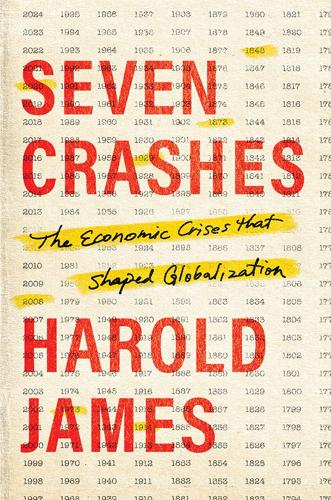
Seven Crashes: The Economic Crises That Shaped Globalization
by
Harold James
Published 15 Jan 2023
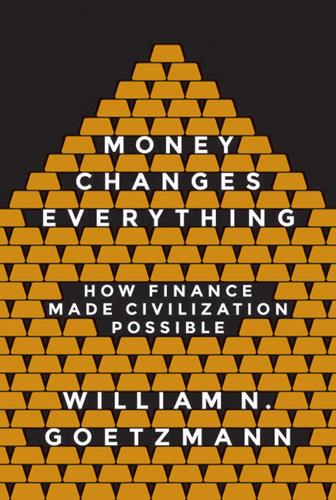
Money Changes Everything: How Finance Made Civilization Possible
by
William N. Goetzmann
Published 11 Apr 2016
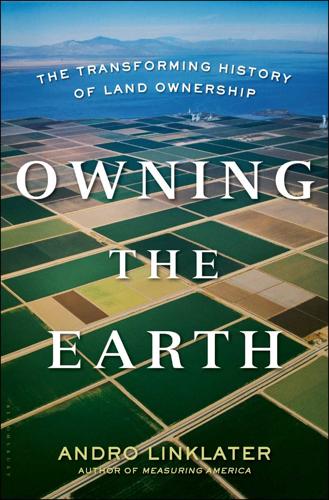
Owning the Earth: The Transforming History of Land Ownership
by
Andro Linklater
Published 12 Nov 2013

Green Philosophy: How to Think Seriously About the Planet
by
Roger Scruton
Published 30 Apr 2014

An Empire of Wealth: Rise of American Economy Power 1607-2000
by
John Steele Gordon
Published 12 Oct 2009
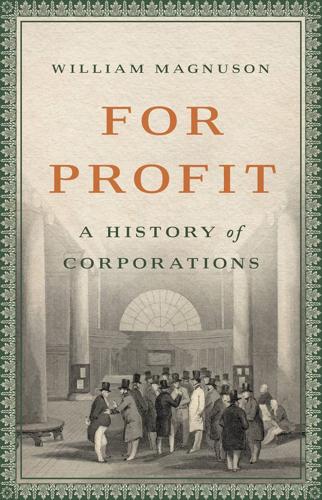
For Profit: A History of Corporations
by
William Magnuson
Published 8 Nov 2022
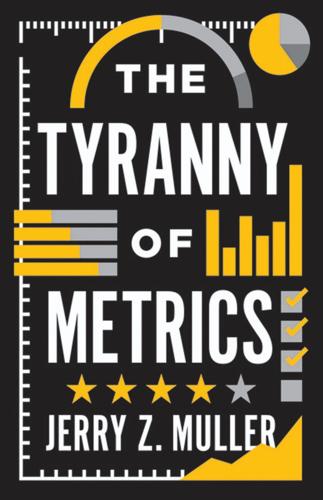
The Tyranny of Metrics
by
Jerry Z. Muller
Published 23 Jan 2018

A Pelican Introduction Economics: A User's Guide
by
Ha-Joon Chang
Published 26 May 2014

Capitalism and Its Critics: A History: From the Industrial Revolution to AI
by
John Cassidy
Published 12 May 2025
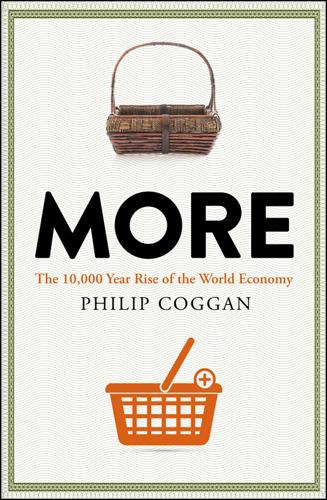
More: The 10,000-Year Rise of the World Economy
by
Philip Coggan
Published 6 Feb 2020

War and Gold: A Five-Hundred-Year History of Empires, Adventures, and Debt
by
Kwasi Kwarteng
Published 12 May 2014

Americana: A 400-Year History of American Capitalism
by
Bhu Srinivasan
Published 25 Sep 2017

Americana
by
Bhu Srinivasan
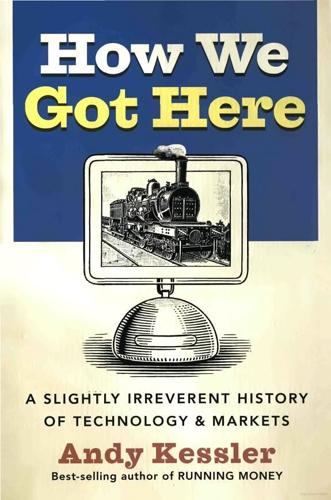
How We Got Here: A Slightly Irreverent History of Technology and Markets
by
Andy Kessler
Published 13 Jun 2005
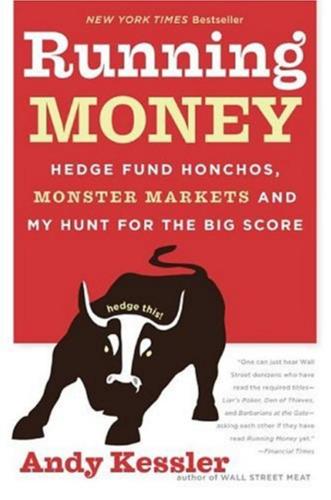
Running Money
by
Andy Kessler
Published 4 Jun 2007
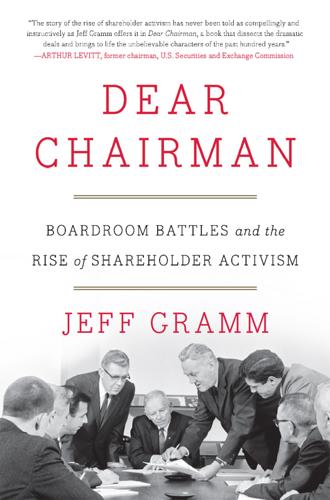
Dear Chairman: Boardroom Battles and the Rise of Shareholder Activism
by
Jeff Gramm
Published 23 Feb 2016
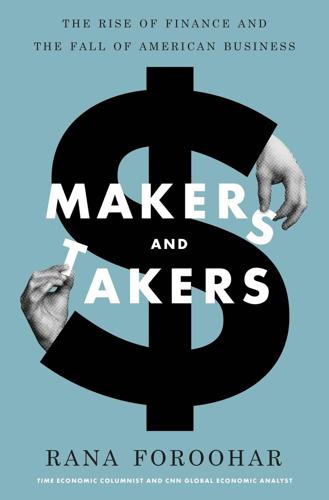
Makers and Takers: The Rise of Finance and the Fall of American Business
by
Rana Foroohar
Published 16 May 2016
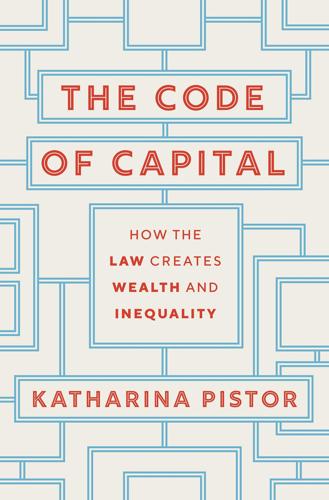
The Code of Capital: How the Law Creates Wealth and Inequality
by
Katharina Pistor
Published 27 May 2019
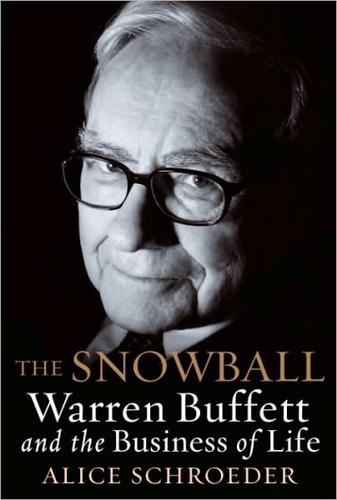
The Snowball: Warren Buffett and the Business of Life
by
Alice Schroeder
Published 1 Sep 2008
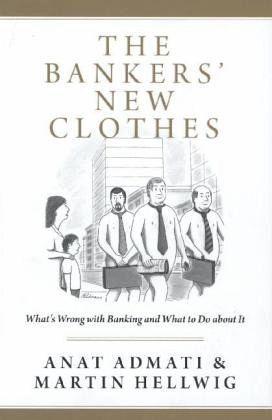
The Bankers' New Clothes: What's Wrong With Banking and What to Do About It
by
Anat Admati
and
Martin Hellwig
Published 15 Feb 2013